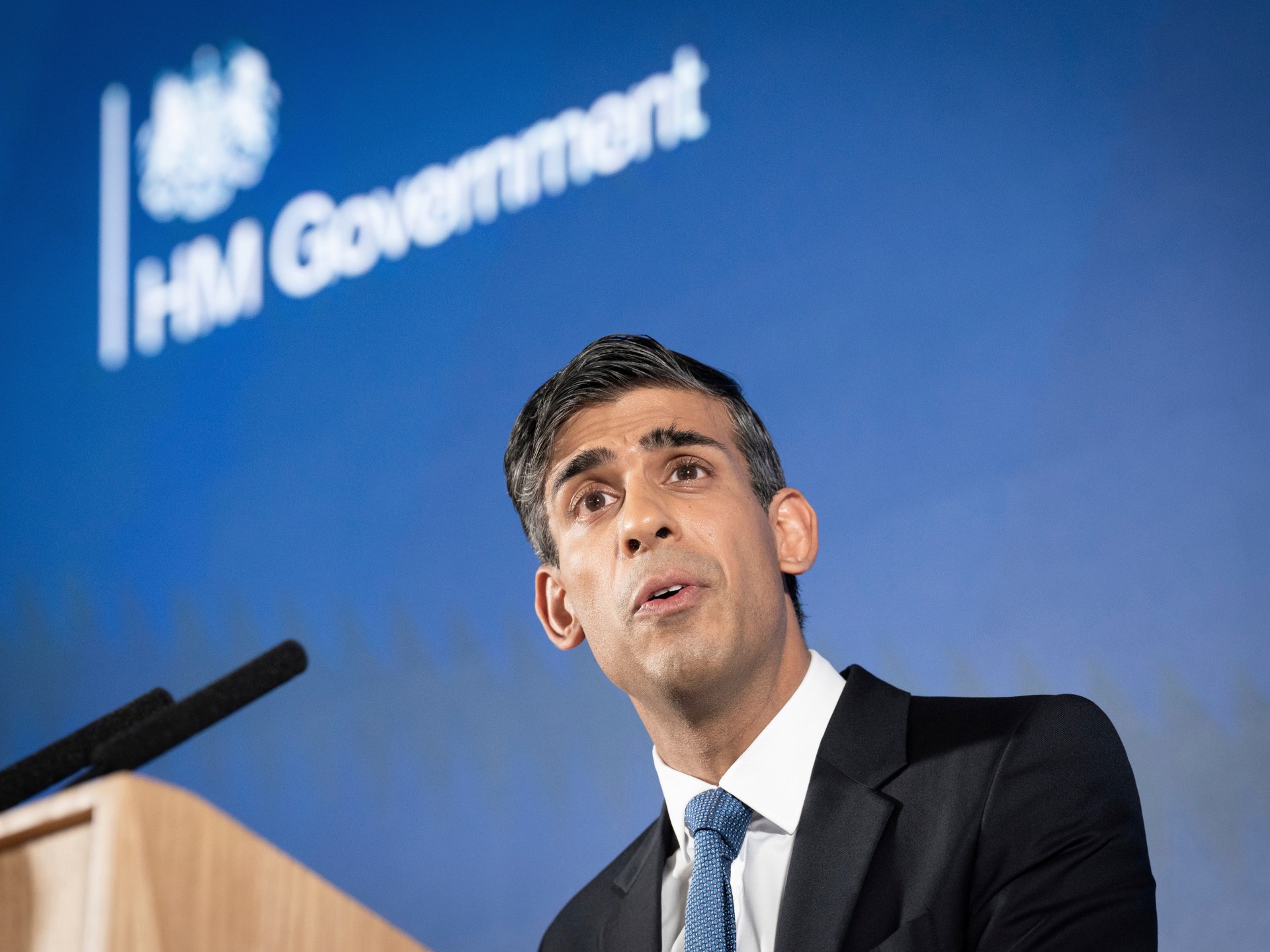Arabs Split Over ‘Greater Middle East’
“Due to some differences among Arab states, Arab League’s permanent representatives failed to formulate a draft resolution to be submitted to the foreign ministers Monday on reactions towards the U.S. greater Middle East,” Reuters News Agency quoted one delegate, who refused to be named, as saying.
“Some Arab states go for an open dialogue with the West on the initiative instead of rebuffing it completely and publicly,” he added.
Arab League sources named the states as Egypt, Saudi Arabia and Kuwait.
“Other states like Lebanon, Syria and Yemen demand the League to reject any western proposals aiming at interfering in the region,” the same sources added.
The sources said that another opinion, adopted by Bahrain and Qatar, prefers remaining silent until the current initiatives are crystallized, then having intensive contacts with the architects of the initiative.
The initiative’s architects claim the project aims to encourage democratic reform and economic opening in the Arab world and other Muslim countries with an eye toward abating the frustration and poverty on which international terrorism thrives.
Those accepting the reforms will receive support and preferential treatment from Washington and its main western allies, according to the plan, which the United States has up until now unveiled only its broad lines.
‘Pre-conceived Recipes’
On Monday’s meeting, Egyptian Foreign Minister Ahmad Maher submitted a proposal to his Arab counterparts, rejecting “pre-conceived recipes” imposed from outside.
The proposal urged Arab countries to proclaim “their determination to pursue the process of reform and modernization,” on condition that such reforms respect the traditions and “specific characters” of the individual countries, Agence France-Presse (AFP) reported.
It states that Arab countries are ready “to cooperate with friendly countries which are ready to deal with the Arab initiative on the basis of complete equality and not to try to impose pre-conceived recipes”.
The draft stresses that “in order to create a climate favorable to the success of the reform process … it is necessary to … settle the Palestinian question by ending the Israeli occupation and establishing an independent Palestinian state,” the document said in a veiled reference to the U.S. reform initiative.
League secretary general Amr Moussa said earlier that the meeting would focus on ways for “radical modernization of the League through reform and restructuring.”
Moussa has given the ministers proposals based on various ideas made by seven Arab countries. These include creating an Arab parliament, an Arab security council, court of justice, an investment and development bank and a high council of culture.
There is also a proposal to change the League’s voting mechanism to end the current system which demands a unanimous vote.
The members will also set stage for the upcoming Arab summit in Tunis.
Differences between its members, displayed openly at its last summit in March2003 just before U.S.-led the war against Iraq, have largely paralyzed its various bodies.
Diplomatic Offensive
The Arab gatherings came as the United States is launching a broad diplomatic offensive to explain its much-criticized reform plans for the Middle East.
Marc Grossman, Undersecretary of State for Political Affairs, left on Sunday for a week-long tour of Jordan, Egypt, Morocco and Bahrain to advance the project.
Grossman, number three in the State Department, will also be going to Turkey, Brussels, seat of the European Union, and NATO, which Washington wants as partners in its Middle East plans.
“What we want to do is look at these programs that we have, see what they cover in terms of supporting reform, supporting change in the Middle East,” said State Department Spokesman Richard Boucher.
President George W. Bush wants to make the Middle East initiative a center piece of the G 8summit of industrialized nations at Sea Island, Georgia, in the southeastern United States in June2004 .
However, numerous Arab countries — including close U.S. allies Egypt and Saudi Arabia — are already opposing any western formula to be imposed on them.
Egypt and Saudi Arabia, whose support Washington sees as requisite to the success of its Middle East initiative, rebuffed the U.S. recipe.
To the contrary, Turkish journalists said that the U.S. administration gave Turkish Prime Minister Recep Tayyip Erdogan the green light during his visit to Washington in January2004 to promote the initiative in view of Turkey’s pivotal role in the plan and the region.
Earlier this month, U.S. Secretary of State Colin Powell said his administration was considering a major initiative aimed at encouraging democratic reforms in the greater Middle East and looking for ways to "institutionalize" such a project.
U.S. Vice President Dick Cheney spoke of the same initiative in January in the World Economic Forum in the Swiss ski resort of Davos.
“Our forward strategy for freedom commits us to support those who work and sacrifice for reform across the greater Middle East ,” he said.


